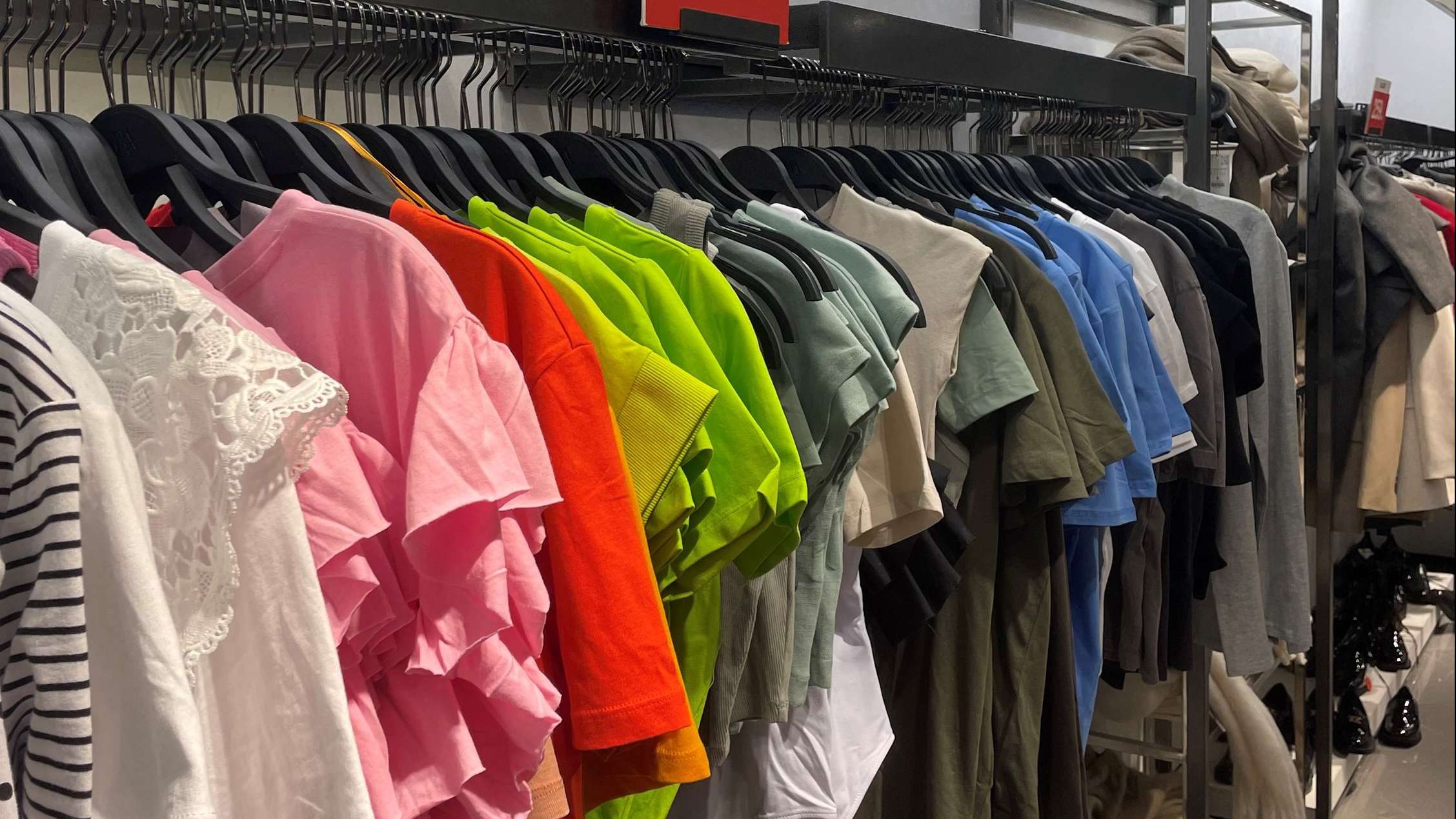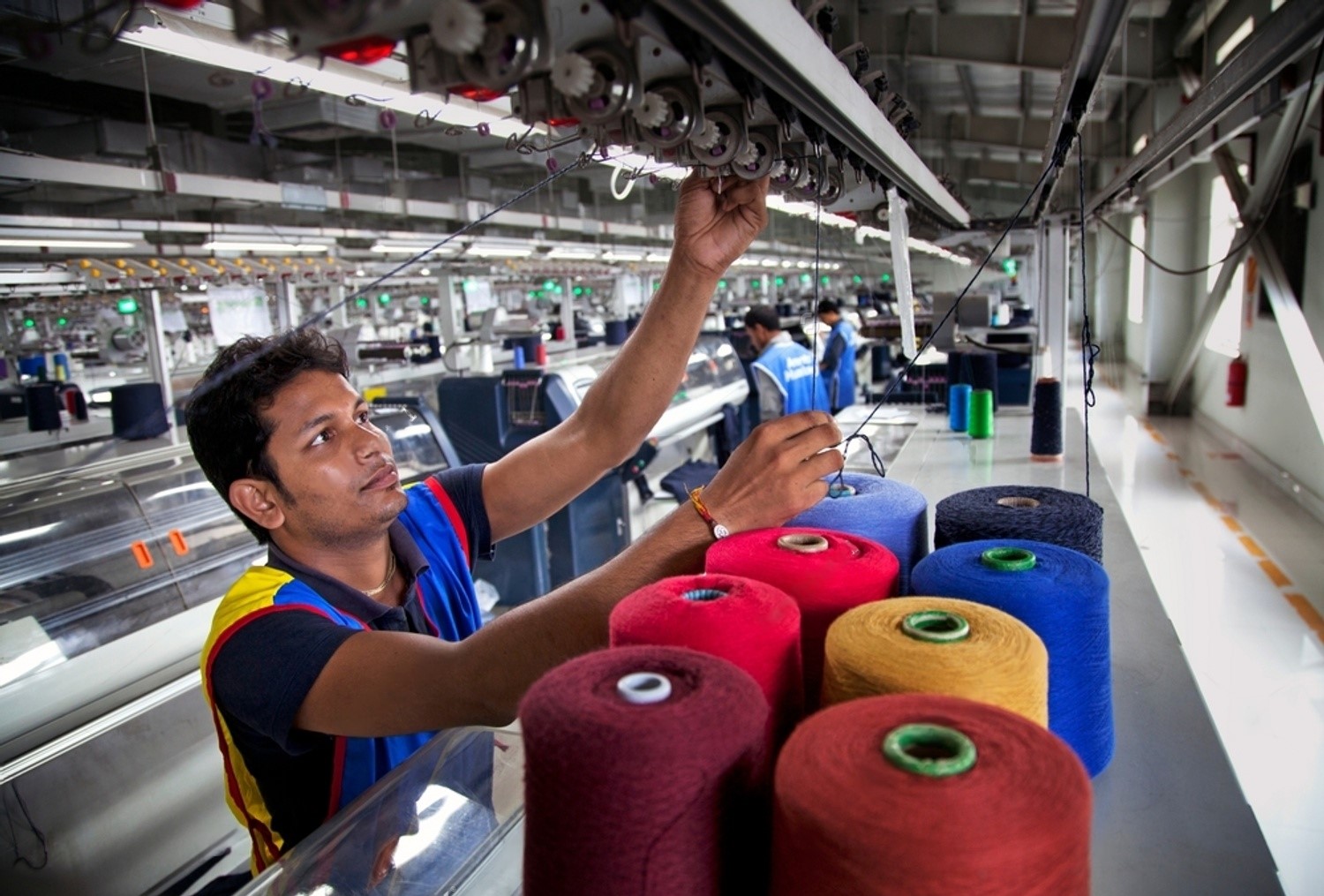The US hasn’t renewed the GSP facility for Bangladesh. The reason is that the US wants Bangladesh to make more progress regarding freedom of association, workers’ rights and safety, and protection of labor leaders from violence.
The US terminated the GSP trading arrangement following the Rana Plaza collapse in 2013. After the suspension of the Generalised Systems of Preferences scheme, Bangladesh signed up for a 16-point action plan to get it back. Bangladesh's main export item to the US, apparel, is excluded from GSP. Bangladesh's apparel exports are subjected to a 15.62 per cent duty upon entry to the US whereas the duty for other countries is much lower.
The GSP is a US trade initiative designed to stimulate growth in emerging economies. This is achieved by offering duty free exports. Bangladesh was confident significant progress had been made regarding workplace safety and workers’ rights. It tried convincing US decision makers that any previous worries should no longer prevent new trading ventures being created.
The US remains Bangladesh’s largest export market, with bilateral trade said to have reached a new high of $7.2 billion in the 2017 financial year. Bangladesh's exports to the US have doubled in the last ten years.
US does not renew GSP for Bangladesh
- 1
- 2
- 3
- 4
- 5
- 6
- 7
- 8
- 9
- 10
EU Garment Imports Shift: Consolidation gives way to diversification
A new analysis of EU garment import data from the International Trade Commission reveals a shift in sourcing patterns. While... Read more
PLI Scheme Falters: India's textile industry misses out on global growth
The Production-Linked Incentive (PLI) scheme, designed to boost Indian manufacturing, is facing headwinds, particularly in the textile and apparel sector.... Read more
The future of fashion, a $2.97 trillion opportunity
The global apparel market is on a growth path and projected to reach a $2.97 trillion by 2033, says a... Read more
US Textile and Apparel Trade: CAFTA-DR relations, challenges, and opportunities
The US textile and apparel industry is a complex web of domestic manufacturing, imports, and exports, interwoven with trade agreements... Read more
VIATT 2025 set to boost Vietnam's textile industry growth
Vietnam's textile and garment sector is poised for continued growth in 2025, with exports expected to reach $44 billion, marking... Read more
India emerging a major apparel sourcing hub for US fashion companies
A new study by Prof Sheng Lu and research assistant Gabriella Giolli of the University of Delaware has shed light... Read more
Bangladesh's apparel exports threatened by Vietnam's rise and looming LDC gradua…
A recent study by RAPID and the Friedrich-Ebert Stiftung paints a worrying picture for Bangladesh's ready-made garment (RMG) industry. The... Read more
Cotton Makes a Comeback: Comfort, sustainability drive fiber's popularity
Move over synthetics, cotton is back and here to stay. The latest Cotton Incorporated Lifestyle Monitor Survey reveals a significant... Read more
Source Fashion 2025 spotlights Egyptian Pavilion for sustainable sourcing
Source Fashion, Europe’s leading responsible sourcing event, will feature an exclusive Egyptian Pavilion at its next show from 18th-20th February... Read more
Chinese textile industry navigated shifting tides in 2024, says CCF Group analys…
The Chinese textile industry, a behemoth in the global market, has weathered a dynamic year in 2024. Recent reports and... Read more












